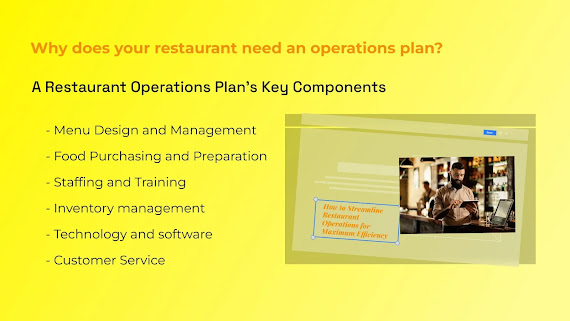How To Navigate Corkage Fees: A BYOB Quick Guide
Savoring a glass of wine during a meal is a delightful way to culminate an evening. Imagine relishing your preferred bottle of wine amidst the backdrop of a great restaurant, complementing the ambiance, companionship, and delectable food.
Some eateries permit patrons to bring their own bottles of wine, beer, or liquor. However, in such cases, a corkage fee is often charged. This fee serves to cover the expenses associated with serving the wine and compensate for potential revenue loss. Whether it's a bring-your-own-beer (BYOB) or bring-your-own-wine (BYOW) service, understanding how corkage fees work is essential. How does it operate, what are the typical charges, and how should you approach it?
This quick guide is designed to provide you with a brief but comprehensive understanding of corkage fees.
What is Corkage?
Corkage is a fee imposed on customers who consume their own beverages on the premises of a venue. While commonly associated with wine, corkage fees can also apply to long drinks like beers and ciders, spirits, and even soft drinks.
What Does a Corkage Fee Cover?
Restaurants charge corkage fees to offset the costs and time involved in serving a bottle of wine. Beyond simply uncorking the bottle, this fee covers services such as providing stemware, refilling glasses, and possibly chilling the wine. The extent of services depends on the sophistication of the restaurant and the corresponding corkage fee.
Average Corkage Fee
Corkage fees typically range from $10 to $40 per bottle, with some exceeding $100. In cities like New York, the average corkage fee is around $36 per bottle. Generally, higher-end restaurants, offering superior service and amenities, command higher corkage fees. For those unsure where to start, setting the fee equivalent to the cost of the cheapest bottle on the menu is a common practice. Fees can be charged per bottle or per person, known as "per stem."
Why Do Restaurants Charge a Corkage Fee?
A corkage fee compensates for revenue loss due to not selling the restaurant's wine. It covers the use of restaurant space, investments in wine service programs, and wine-related accommodations, such as wine buckets and bottle disposal.
Corkage Fee Costs
Here's an overview of average corkage fees and the rationale behind them.
How to Calculate a Corkage Fee
Corkage fees are often proportionate to the level of service provided. High-end restaurants, with fine glassware, a comprehensive wine list, and sommeliers, may charge higher fees. Conversely, establishments with fewer alcohol-related amenities may have lower fees.
Pros and Cons of Offering BYOB
Consider the advantages and disadvantages before deciding to allow Bring Your Own Bottle (BYOB) at your restaurant.
Pros:
- Allows customers to enjoy wine even if the restaurant doesn't serve it.
- Enhances memorable experiences for diners.
- Makes your restaurant more competitive.
Cons:
- Potential loss of profits on wine sales.
- Risk of serving intoxicated guests.
- Slower table turnover due to patrons lingering after dinner.
Do All Restaurants Charge a Corkage Fee?
Not all restaurants charge corkage fees. Establishments permitting customers to bring their own alcohol might still impose corkage costs, especially in BYOW or BYOB restaurants. However, many BYO restaurants, lacking alcohol-related amenities, often do not charge corkage fees.
Considerations When Offering BYOB
If you decide to allow BYOB, ensure legal compliance and financial viability. Consider local laws regarding liquor licenses, BYOB permits, and corkage fees.
Laws:
Research the legality of BYOB policies in your area. Some examples include:
- In New York City, a liquor license is required for BYOB, and corkage fees are optional.
- Philadelphia allows BYOB without a liquor license, and corkage fees vary.
- Boston prohibits BYOB in most neighborhoods, with no corkage fees allowed.
- Toronto permits BYOB with a liquor license, and corkage fees are not regulated.
- Los Angeles allows BYOB in licensed restaurants, with no restrictions on corkage fees.
Cost:
Consider competitor pricing and the level of service provided when determining your corkage fee.
Unbottling BYOBs and Corkage Fees
Pairing wine with a delectable meal is a timeless combination. Allowing customers to bring their own bottles, with a corkage fee, provides a unique experience while compensating for service costs or lost sales. Before offering BYOB, ensure legal adherence to prevent complications. Cheers!




Comments
Post a Comment